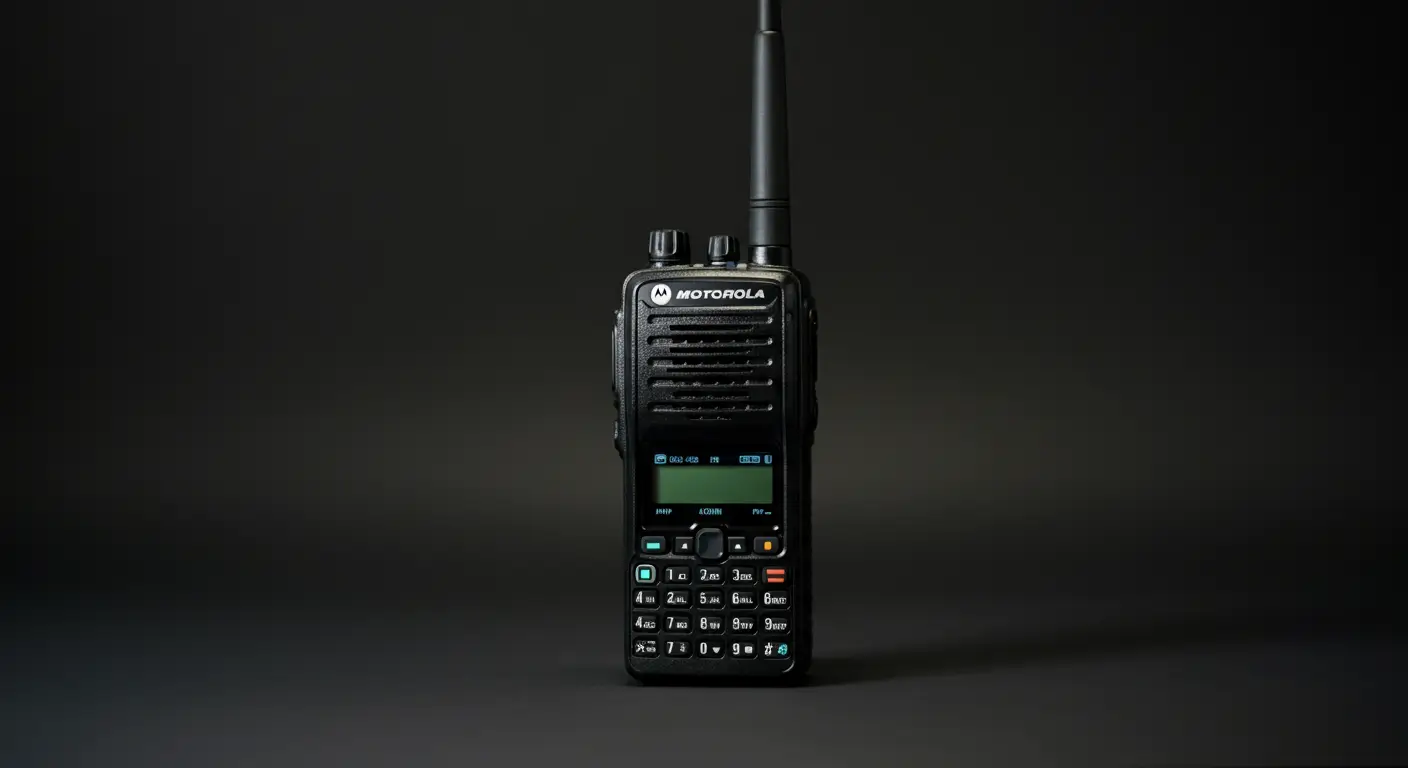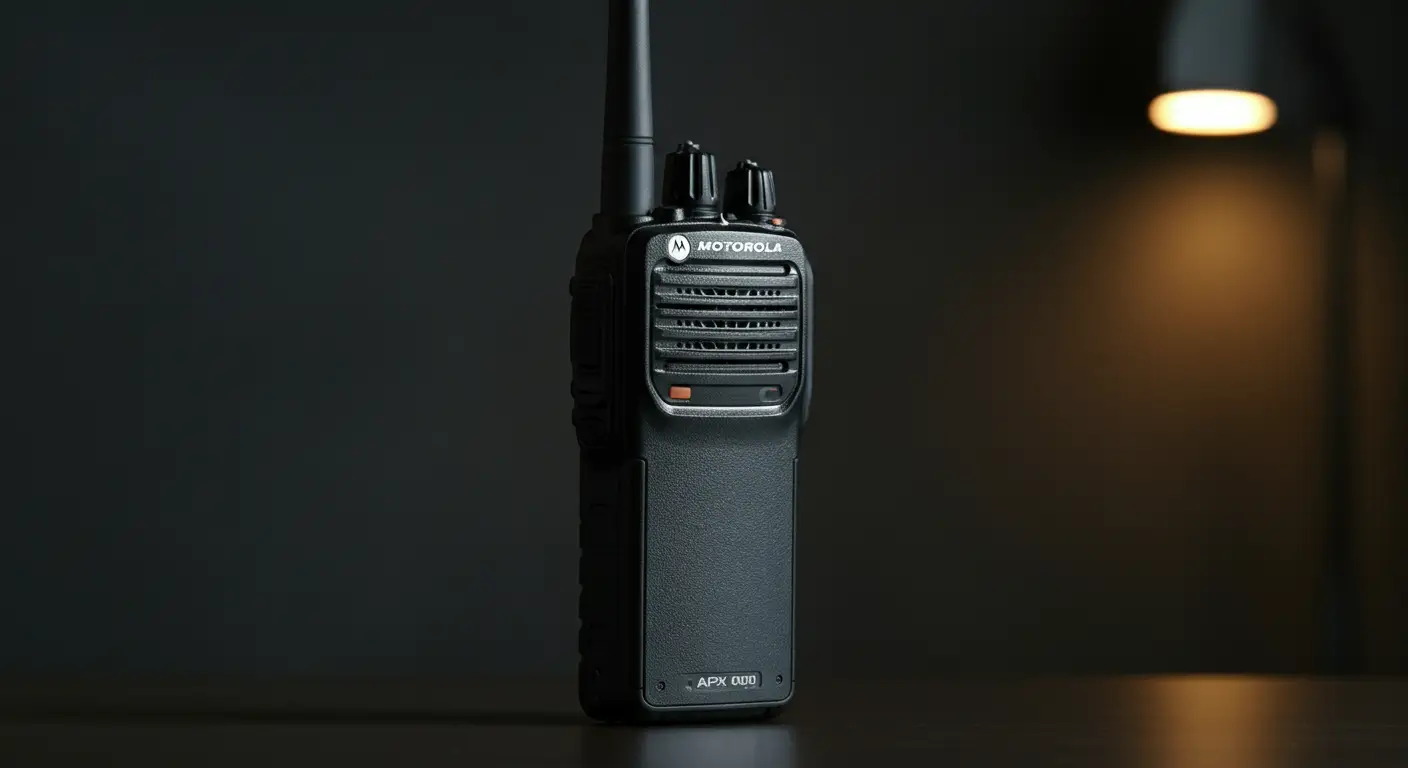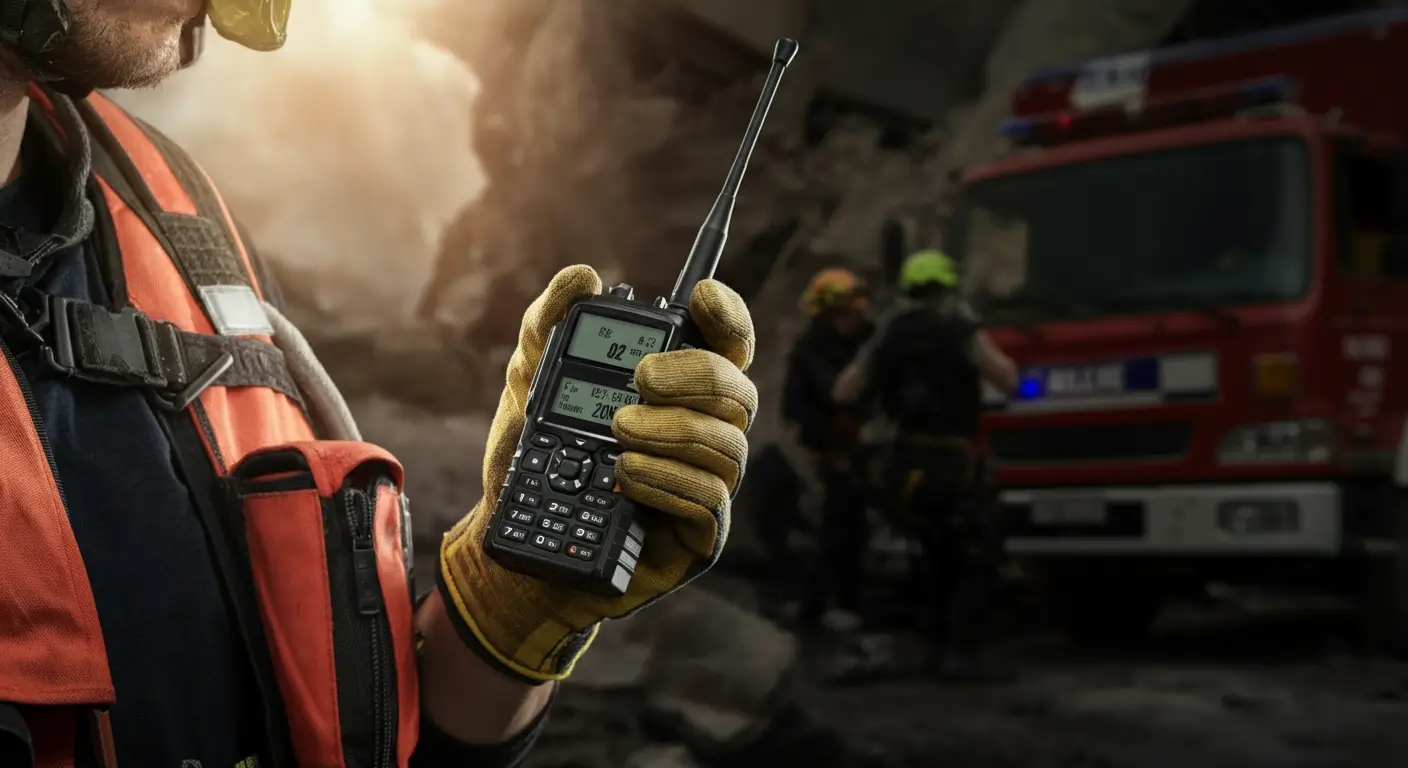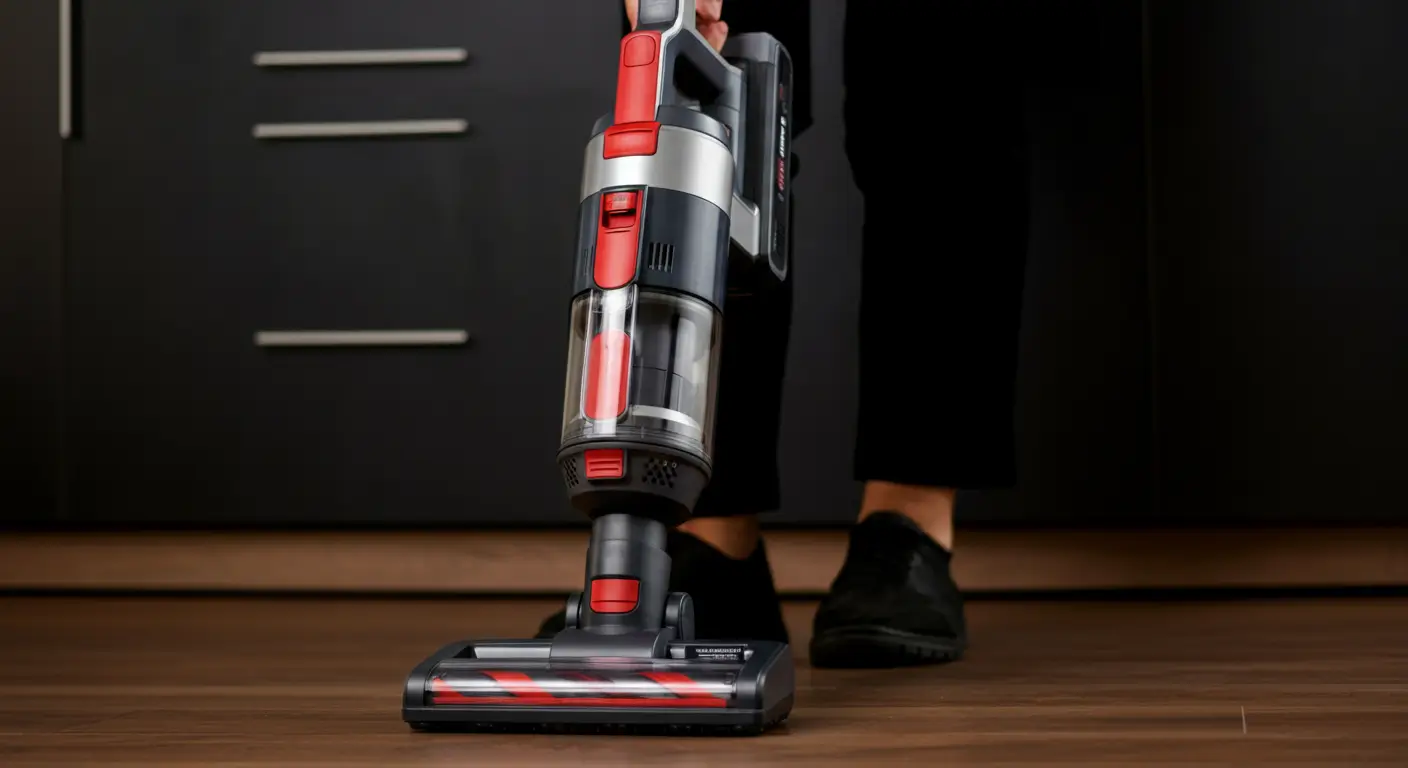In this world, as it gets busier by the minute, staying in touch is all-important, and a weak or wandering cell phone signal maddens anybody. Poor signal strength-be it at home, in the office, or on the go-can cut down everything from critical business calls to streaming your favorite show. This is a modern-day problem for which the cell phone signal booster provides the solution.
These could be dropped calls, slow data speeds, or perhaps not even connecting to your mobile network since all you need is a signal booster. This detailed tutorial will explain what a cell phone signal booster is, how it works, and why you should consider investing in one. In this article, you will get all the insight to help you make a decision by the end on whether the Signal Booster is what you need or not.
What is a Cell Phone Signal Booster?
Basically, a cell phone booster is a kind of device that amplifies weak cellular signals to improve calls, enhance data speeds, and generally bring improvement into your network connectivity when the reception might not be good. It works by boosting signals from a nearby cell tower and transferring them to areas with very poor strength in cell phone signals, hence boosting the working of your cellular phone.
They service the field areas where the general signal strength is low, such as countryside areas, basements, big houses, and places of natural obstacle surroundings that include mountains or woods. They work with any kind of cellular network, including 4G LTE, 5G, and even older 3G networks.
How does a cell phone signal booster work?
These would include an outside antenna, an amplifier, and an inside antenna, comprising one piece of a signal booster. Every part does a different job in these cell phone boosters in such a way that a strong, reliable signal finally comes to your cell phone. The step-by-step explanation of how a cell phone signal booster works:
1.External Antenna:
The system starts with an external antenna mounted outdoors on your house or any other building. That would then pick up signals from the nearest towers, even the weakest or most difficult to receive at your location.
2.Amplifier:
The signals from the outside antenna run to the amplifier, a device responsible for amplification of the signal. In fact, such amplification enables the signal to actually go through obstructions – interference, walls, or trees – and whatever environmental interferences may impede cellular reception.
3.Interior Antenna:
Finally, this signal, now amplified, is transmitted to an interior antenna, which rebroadcasts this amplified signal to an interior coverage area indoors where it is needed. All these combine to bring about clear calls and increased data speeds with better service when there wasn’t any.
Almost always powered from the mains via a wall outlet, sometimes they utilize battery backups during an outage.
Types of mobile Cell Phone Boosters
They came in so many shapes and different sizes of cellular phone signal boosters with their differences in application and type of networks they were targeted for. Generally, there are two types: consumer boosters and enterprise boosters. Let’s now take a closer look into each of them in detail.
1. Consumer Signal Boosters
These are the most common type of cellphone signal booster, designed for house, apartment, and small office uses. Consumer boosters are relatively quick to install and include just about everything one might need to get up and running with: outdoor antenna, amplifier, and interior antenna. Great for those just looking to improve reception in either a small area or medium-sized area.
They come in different models – by the number of users you have to support, and by area you would like to cover. Consumer signal boosters will more often than not work for you – for 1-4 users in small to medium-size spaces-up to an area of 2,500 sq. ft.
2. Enterprise Signal Boosters
Commercial boosters, enterprise boosters, or industrial boosters are those that are supposed to deal with affairs related to larger areas, such as office buildings, factories, or other such commercial places. These can manage several users at one time and cater to a bigger area, probably around 5,000 to 100,000 square feet or even more.
These systems are more involved than consumer models and include professional installations in a building to properly propagate the signal. They can even be customized for particular business needs, including the type of carrier support or kinds of network.
3. In-Vehicle Cell Phone Boosters
These boosters in vehicles have been a blessing for the highway users. There have come portable designs working to improve the signal strength on cars, trucks, RV, and even boats. Most are fitted with a small antenna attached to the vehicle’s roof and the amplifier hooked to the vehicle’s electrical system.
It is ideal for mobile reception and also in areas where the signal strength is weak and patchy, such as in countryside or highway areas.
Why would you need a cell phone signal booster?
Cellphone signal boosters can be handy in lots of unbelievable situations. Here are the major reasons why you would want to invest in one:
1. Poor Reception of Signals over Rural Areas
Living or working in the countryside probably means you understand most of the frustrations of a weak or no signal altogether. Most times, poor receptions emanate from countryside areas mainly because the distance between cell towers is hugely big or because of nature barriers like hills, trees, and mountains. A signal booster can bridge this gap to make your signal strong enough to keep you connected.
2. Radio Blocking Building Material
That would be the type of building material in its natural state-concrete, brick, or metal-that can seriously block or weaken the cell phone signal. Generally speaking, those areas which are extremely out of the question for good reception are inside a big office building, a warehouse, or even a basement. A mobile phone signal booster can take care of all these for much better coverage in your indoor environment.
3. House Dead Spots
Are there some places at your house where the signal is always weak, or it just doesn’t exist? A signal booster can then zero in on those “dead zones” and give you improved reception throughout your entire house, with great signals in every room.
4. Higher Data Transfer Rates
With the booster for the signal, there is better call quality, faster mobile data speeds, and better internet for video streaming and remote work-just about everything over a cellular data network.
5. Multi Devices and Users
Where there are more gadgets on the same network, whether smartphones, tabs, or laptops, a booster amplifies all signals. With the help of the booster, everyone within a big house or a small office will be connected, enjoying flawless signal strength.
6. Inexpensive to Acquire
That will be much cheaper in that way for those people who are staying in rural areas, or whose working area has a very poor reception of cellular signals instead of using another cellular service provider and also very expensive satellite phones .
Things to Consider in Choosing a Signal Booster
While a booster can make all the difference in your mobile experience, choosing just the right one is quite an important decision. Here’s a rundown of a few things you should consider when selecting a cell phone signal booster:
Compatibility with Carriers:
1.
Signal boosters do not support all types of carriers, and you have to first ensure that the model you are looking at will work with your carrier-be it Verizon, AT&T, or T-Mobile-whichever other carrier that you might be using. Though some are universal models and can support a number of carriers, others might be made for just one network.
2.
Area of Cover First, consider the size of an area you want to cover. If it is only a couple of square feet, say a single room, the consumer booster will do. When you either have a huge building to cover or are outdoors, or at least one that’s capable of multi-story services, you want a more powerful commercial booster.
3.
Strength of the Signal and Band Support Cellular networks use a number of different frequency bands. Higher-quality signal boosters will support many of these bands that your carrier uses. Find out and make sure the signal booster you are buying will amplify the exact bands your carrier is using for 4G, 5G, or whatever type of network.
4.
Installation Difficulty Some of them are super easy to install, with all instructions included, while the rest may be rather complex and even require professional installation. Where this is the case and you’re not comfortable installing the device yourself, it would be in your best interest to find a booster that offers professional installation.
5.
Price and Warranty Several cell phone boosters exist, with different ranges, power, and various capabilities. This brings about some price variation. Sure, cheaper may look more attractive to you, but usefulness in the long run and reliability matter a lot. Also, find out if the booster is warrantied to cover you just in case something goes wrong.
The cell phone boosters will amplify the reception and connectivity to the user either in the rural areas, large building areas, or in natural obstruction areas. These ensure crystal-clear calls, fast data speeds, services reliably with absolutely no blackspots-meaning better signals in places where you need them most. When you choose a booster, consider the compatibility with the carriers of that area or an area to be covered along with the requirements for installation.
As they say, a proper booster fixes those dead zones that mean one is always connected to whatever life brings. That in itself is just one cool way of investing in having a better mobile experience without looking for an expensive remedy to keep your unreliable reception at bay. A booster system would, therefore, be ideal to take mobile communication to the next level for an individual tired of dropped calls, poor access to the internet, and poor connectivity.





